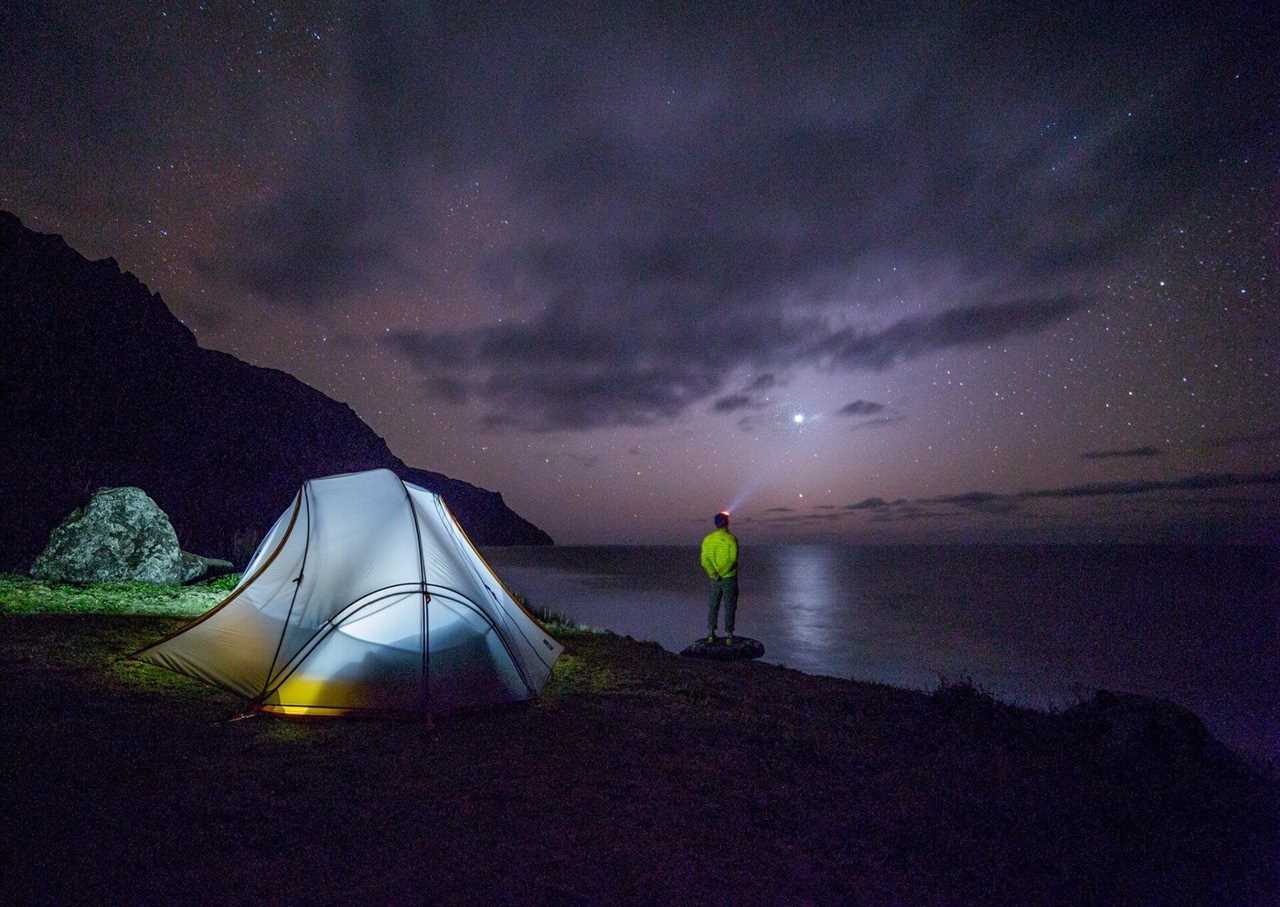
Camping Ground Fees and Camp Site Prices
The National Park Service (NPS) is considering the possibility of charging visitors for overnight camping, but was not sure whether it would be possible to implement this fee program. On Sept. 26, 1969, Luis A. Gastellum wrote to NPCS Administrator George B. Hartzog, Jr. with concerns about the proposed fee program. In his letter, he urged the agency to continue to consider the idea. The resulting debate lasted until March 1970, when a congressional directive was issued to implement fees.
Private campgrounds aren't subsidized by tax dollars like federal parks, and so charge visitor's fees. However, the fee is necessary, as it covers costs incurred by visiting visitors. Many campgrounds agree that visitors should pay for the services they receive. If you're visiting a popular campground, be prepared to pay a higher price for overnight accommodations. In some cases, you can negotiate a lower rate, but be prepared to pay more than you would otherwise.
Some campgrounds offer free camping for seniors, but they must comply with government regulations. A senior citizen can camp with up to four spouses and four children, but a group picnic, backcountry, marine fees, and day-use fees still apply. In addition, a second vehicle must be parked at the same site and pay half of the fee. The additional vehicle must also display a valid park tag. A resident who wants to spend a week at a state park will likely be charged more for the privilege.
If you can't afford to pay more for an RV park, consider staying at a campground without the luxury of resort amenities. Smaller RV parks are often cheaper and offer more amenities than larger RV parks. Although the prices will be lower, you'll still have a place to park your RV. If you're willing to sacrifice certain amenities, this can be a great option for you. You may even save money on the extra cost for amenities.
The price of a camping pitch includes two people, a car, and a unit. There is no charge for an awning, but some campsites do. For example, Glimmerglass has sites for six adults and nine children, while site #165 charges a couple of adults and five children. The rate of a cabin is generally more expensive, but you'll need to ask the campground about amenities in advance to avoid being charged for additional services or amenities.
Camping rates can vary greatly, depending on the type of facility. At popular campgrounds, campsites will assign each camper a specific space. At these sites, the rates are generally fifteen to thirty dollars per night. During high season, groups may have to be separated. In case of a cancellation, the fee will be based on the number of people in the group. You must also check the rules and regulations of the park before arriving.
 CampingSurvivalistHuntingFishingExploringHikingPrivacy PolicyTerms And Conditions
CampingSurvivalistHuntingFishingExploringHikingPrivacy PolicyTerms And Conditions
